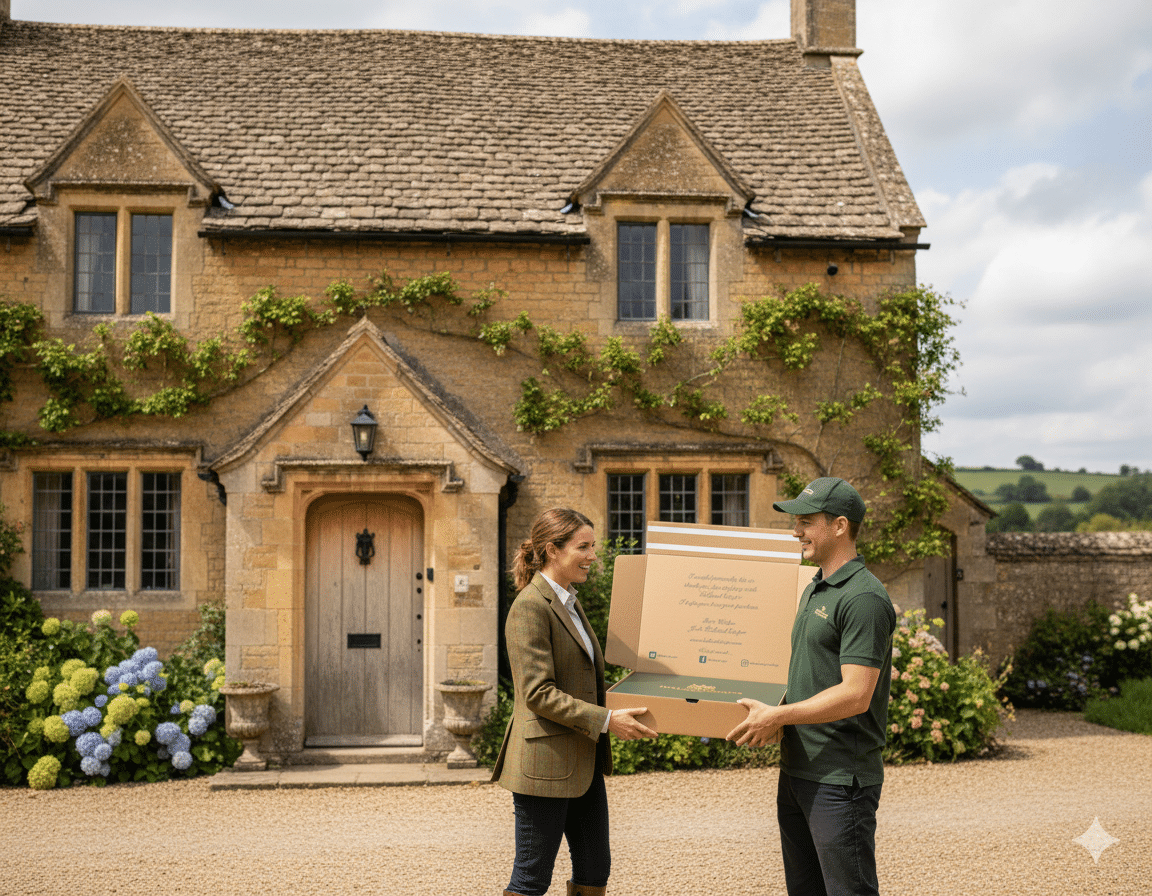The Life and Reign of Queen Elizabeth II
The Queen ruled for longer than any other Monarch in British history, becoming a much loved and respected figure across the globe. Over 70 years, Her Majesty was a dedicated Head of the Commonwealth, linking more than two billion people worldwide.
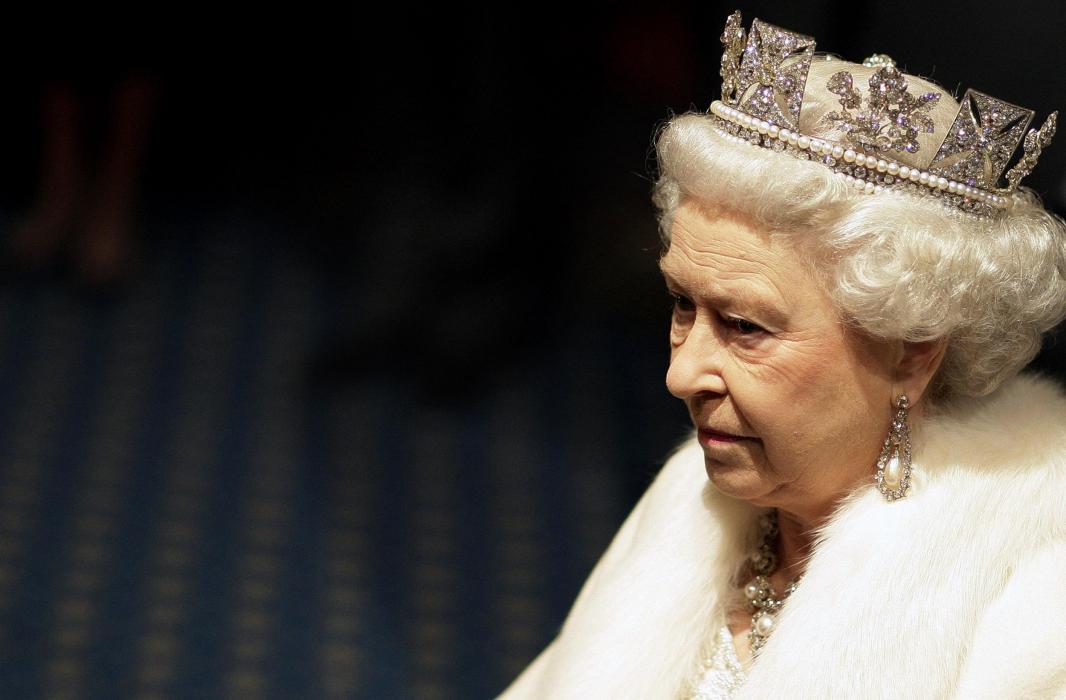
When Her Majesty acceded to the throne aged just 25, her life changed overnight from that of a young naval wife and mother to a busy Head of State. She was to become known for her sense of duty and her devotion to a life of service, and was an important figurehead for the UK and the Commonwealth during times of both crisis and celebration.
The working Queen
Travel in the UK and overseas dominated much of Her Majesty’s working life. Before she became Queen, she had said, “There is none of my father’s subjects from the oldest to the youngest whom I do not wish to greet.” During her reign, she visited every realm and every region of the UK, returning to some many times over.
Though much of Her Majesty’s daily working life was spent in contact with her UK and Commonwealth ministers and representatives, it was her presence in these places during her many official visits which carried the most significance for those who lived there.
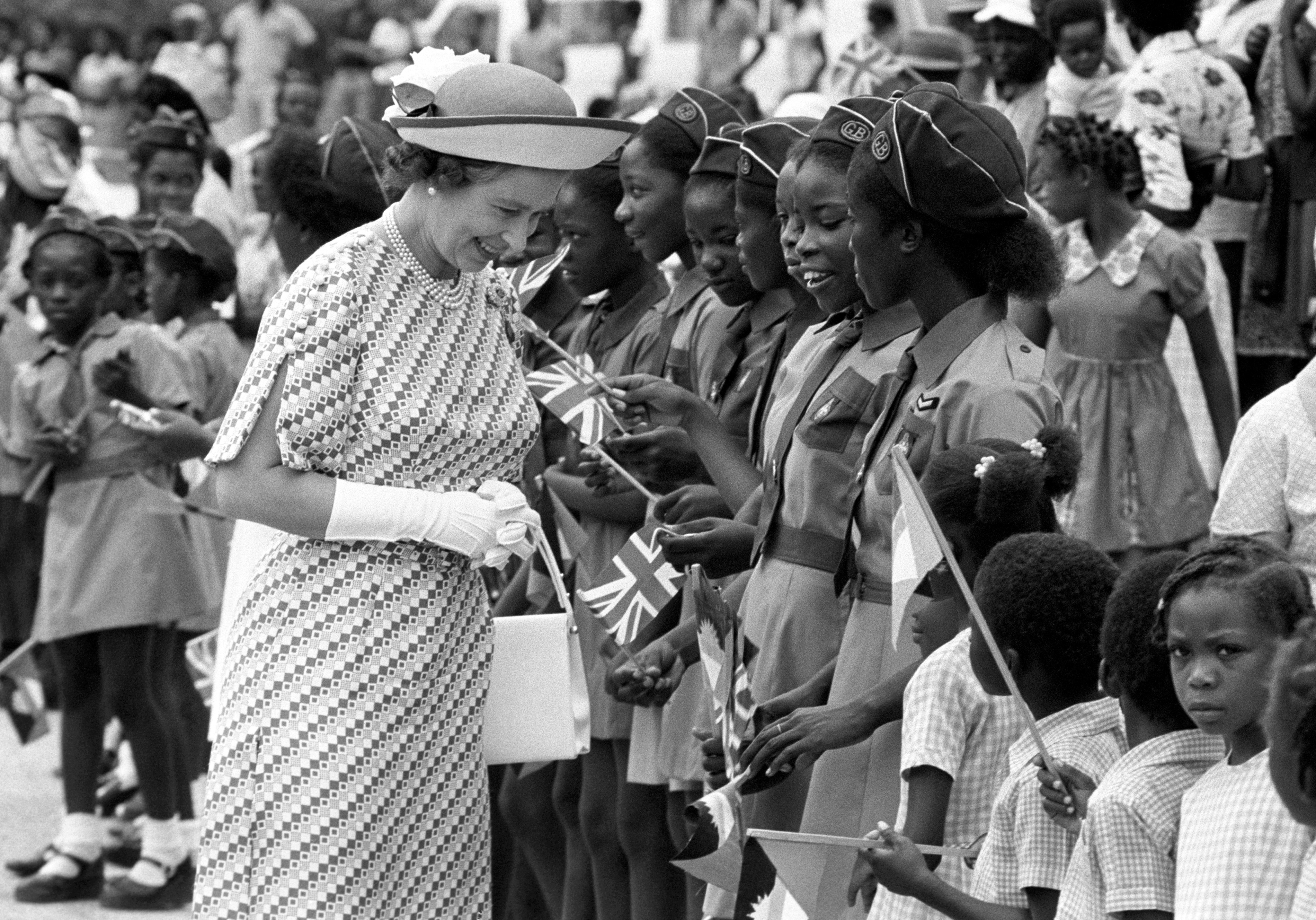
State duties
The Queen’s famous red boxes carried the State papers which Her Majesty was presented with every day of her working life. Her duties included formally agreeing to make bills into Acts of Parliament, or laws.
She also had a special relationship with her Prime Ministers, meeting with them on a regular – usually weekly – basis. She was famously able to ‘encourage or warn’ whilst always remaining politically neutral.
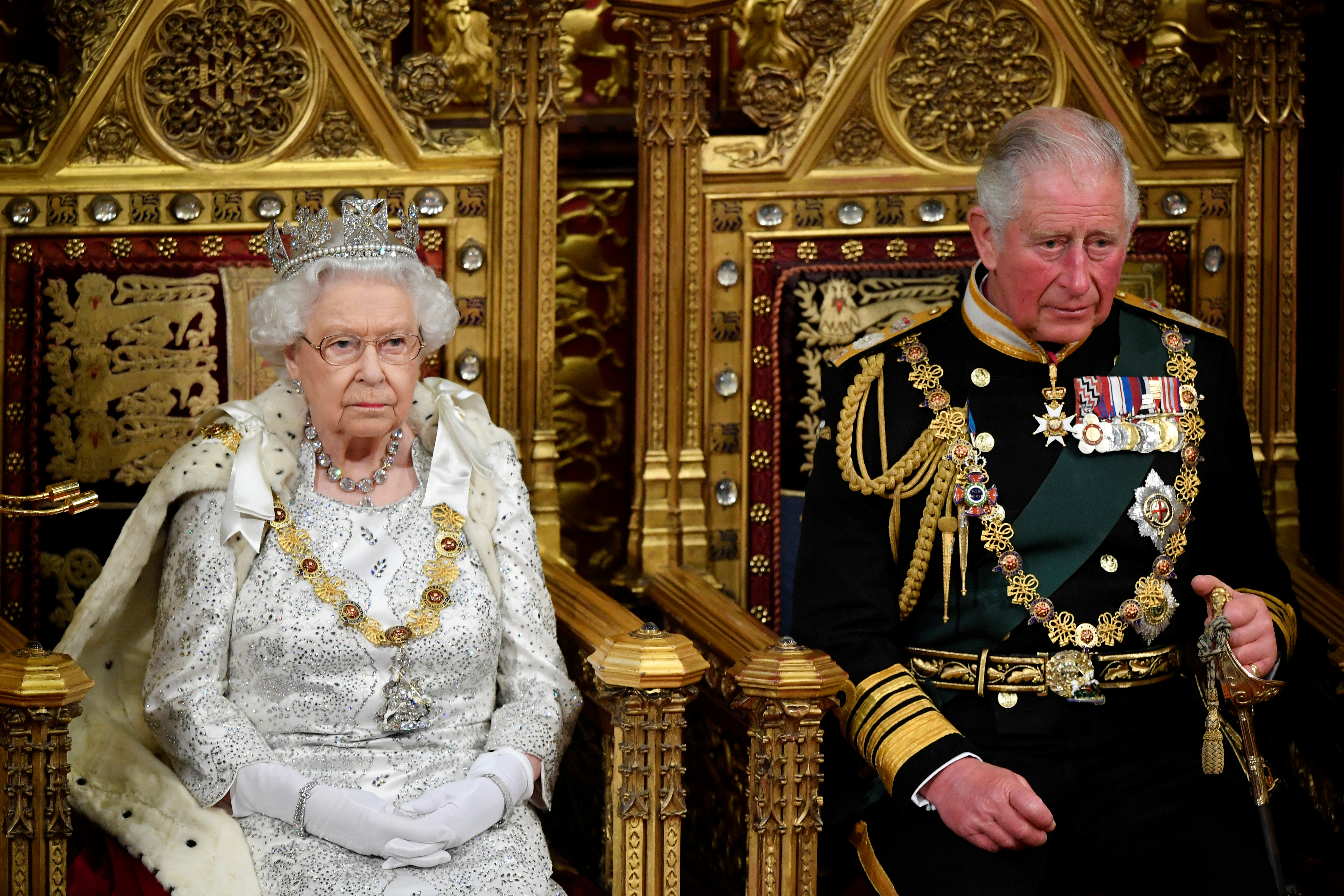
The Queen was served by 15 UK Prime Ministers during her reign, beginning with Winston Churchill in 1952, as well as many Prime Ministers across her Realms.
As Head of State, she also acted as diplomat and hostess, welcoming over 110 Presidents and Prime Ministers to the UK on official visits.
Patronages
The Queen saw public and voluntary service as one of the most important elements of her work. Her Majesty had links – as Royal Patron or President – with over 500 charities, professional bodies and public service organisations. These varied from well-established international charities to smaller bodies working in a specialist area or on a local basis only.
As Head of the Armed Forces, Her Majesty had strong links to Naval ships, army regiments, and air squadrons both in the UK and throughout all her realms.
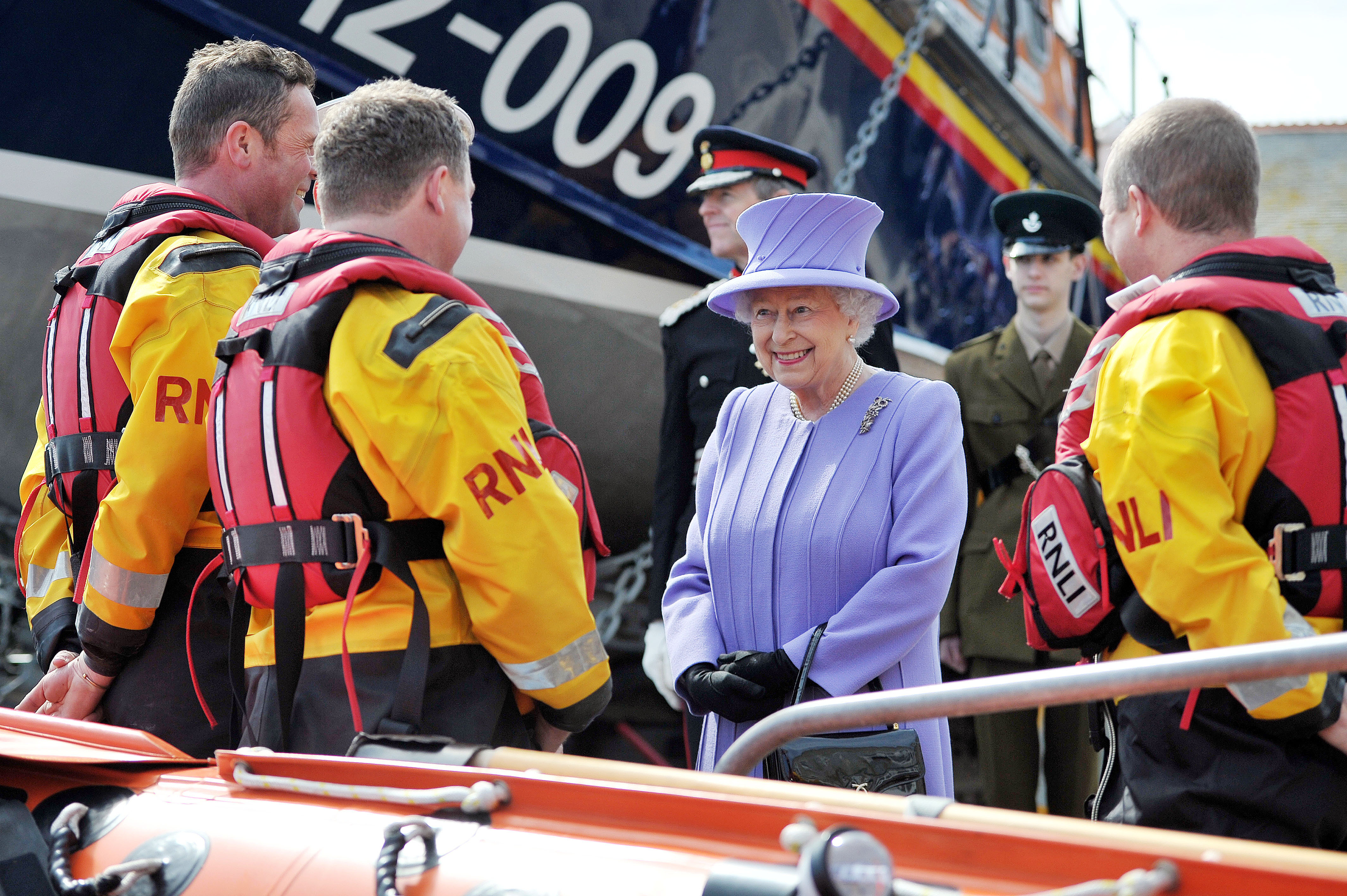
The Queen’s Patronages and charities covered a wide range of initiatives, from creating opportunities for young people, to preserving wildlife and the environment. As Royal Patron or President Her Majesty provided vital publicity for the work of these organisations, and allowed their enormous contributions to society to be recognised.
Recognising achievement across the Commonwealth
Her Majesty supported and encouraged achievement in many different ways. The UK honours system enabled her to confer titles such as MBEs, OBEs and CBEs on people from all walks of life in public recognition of their merit, service or bravery. Recommendations were made by the Prime Minister’s Office, but it was The Queen (and members of the Royal Family working on her behalf) who presented tens of thousands of people with their insignia over the course of her reign. “Some of them are very cleverly discovered,” she said. “That’s very important, that the system does discover people who do unsung things, that perhaps the local people know about but nobody else does, and that’s very satisfactory.”
There were also Garden Parties at Buckingham Palace and the Palace of Holyroodhouse, receptions and other awards given in her name. This allowed her to say ‘thank you’ to just some of those who had made a significant contribution to the life of the nation.
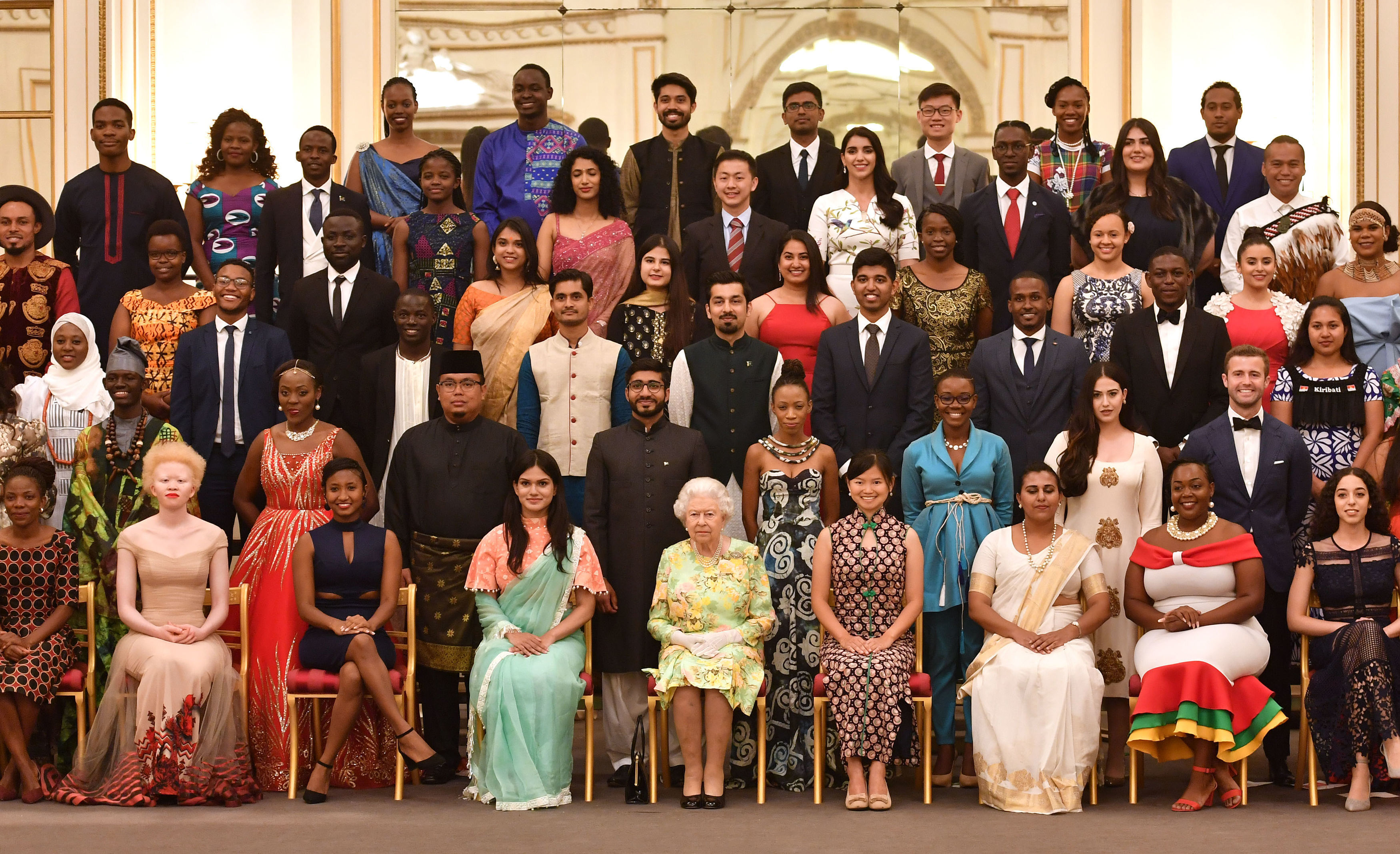
In 2014 The Queen’s Young Leaders programme was launched. The programme aimed to find exceptional young people who were addressing challenges facing their communities, and to support them in practical ways to ensure that they reached their full potential.
Family and faith
For most of her working life, The Queen was supported by The Duke of Edinburgh who accompanied her on visits in the UK and overseas, and was by her side for all of her ceremonial duties, from the State Opening of Parliament to State Visits and annual Remembrance events.
Her Majesty raised four children whilst undertaking her duties as Queen, later welcoming grandchildren and great-grandchildren to the Royal Family.
The Duke of Edinburgh was – in her own words – her ‘strength and stay’ during her reign, whilst other members of the Royal Family offered vital support through their work in the UK and overseas including accompanying her on many engagements and tours or performing duties on her behalf. In her later years, The Prince of Wales accompanied her to the State Opening of Parliament and Commonwealth Heads of Government meetings.
During her exceptionally busy Golden Jubilee year, The Queen thanked her family for their support, saying:
Our children, and all my family, have given me such love and unstinting help over the years, and especially in recent months.
The Queen was also buoyed by her Christian faith, often reflecting on the perspective and solace it had brought her, particularly during her annual Christmas Broadcasts. For her 2014 broadcast she spoke of what she had learnt from the teachings of Jesus, “For me, the life of Jesus Christ, the Prince of Peace, whose birth we celebrate today, is an inspiration and an anchor in my life. A role model of reconciliation and forgiveness, he stretched out his hands in love, acceptance and healing. Christ’s example has taught me to seek to respect and value all people of whatever faith or none.”



